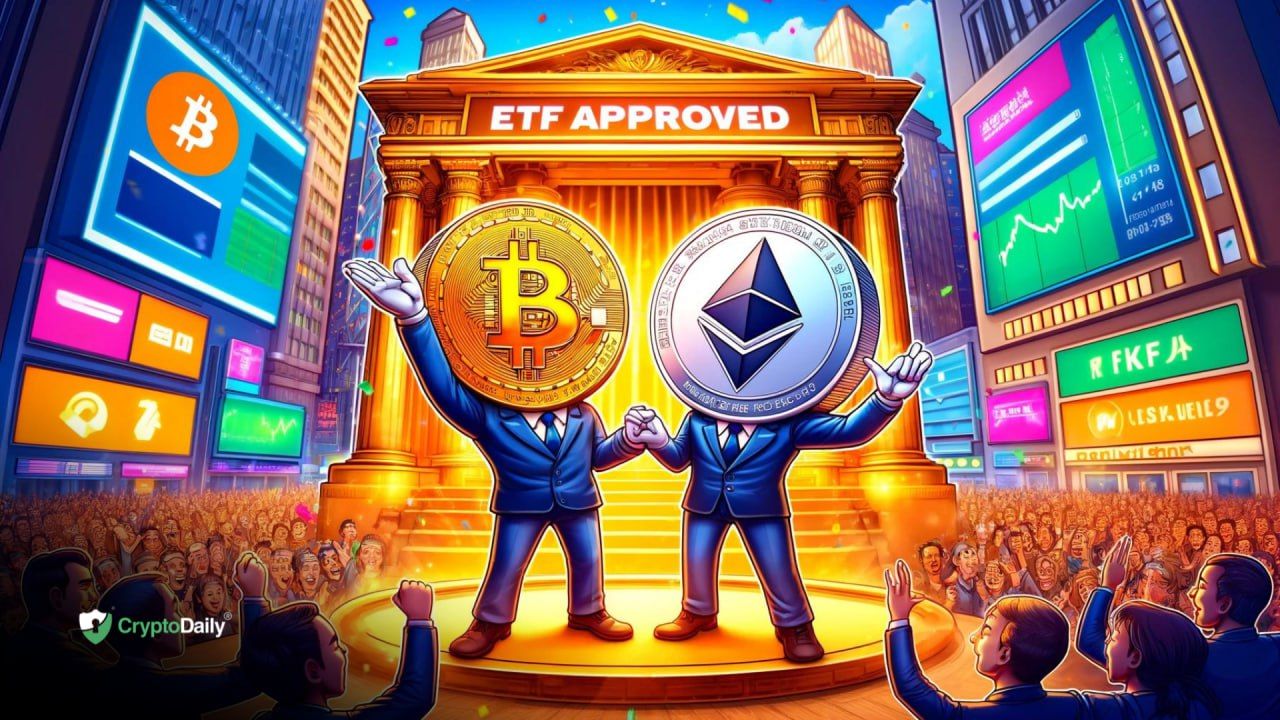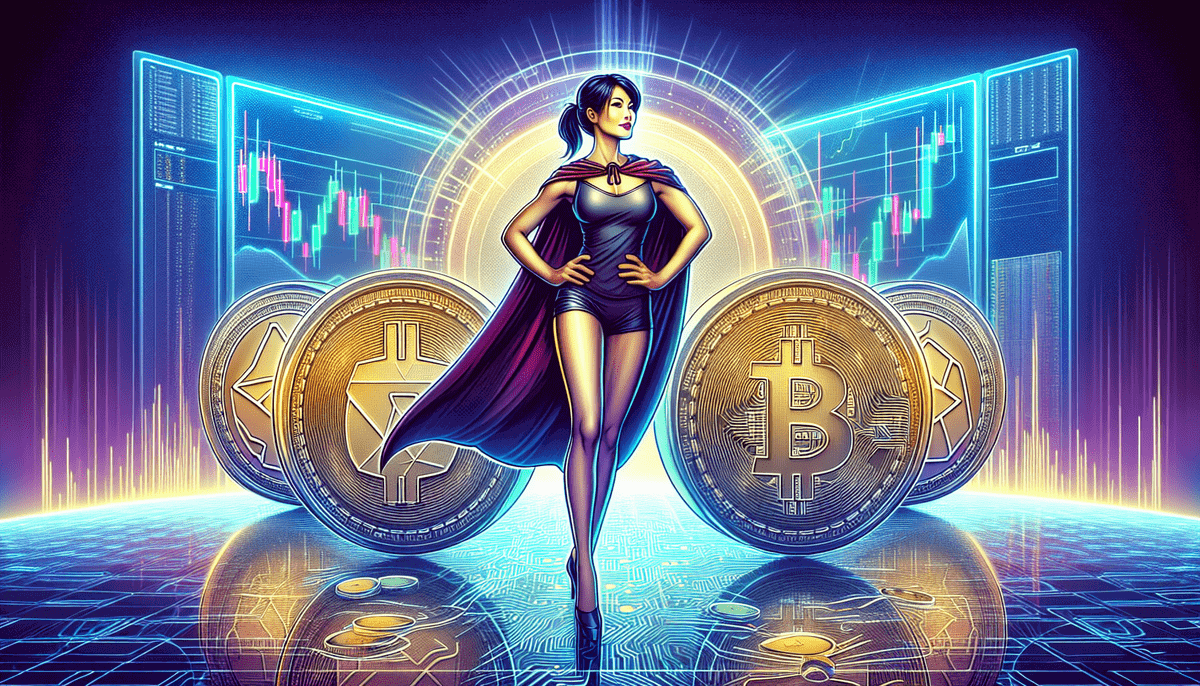The U.S. FBI and law enforcement in South Korea and Japan have arrested two people in connection to phishing scam that stole $800,000 worth of Ripple (CRYPTO: XRP) tokens in a joint operation reported last week. A Japanese suspect is still at large. The suspects victimized 24 Korean and 37 Japanese investors by replicating a cryptocurrency exchange website. They created a fake but resembling email account and warned users that their money had been frozen. Users then clicked on a hyperlink and entered login information that the alleged scammers used to access the real exchange. The suspects transferred $800,000 worth of XRP to a digital wallet they controlled. The FBI became involved presumably because Ripple is based in San Francisco, Calif. The alleged scammers hired a programmer and paid off a Japanese crypto exchange operator to execute the phishing operation as well as provide a database of sensitive personal info such as emails and two-factor authorization. Most of the funds are considered unrecoverable as it was spent on luxury items and services. Related: Crypto Criminals Are Finding Ways To Steal Coins Non-Existent Crypto Legislation A lack of legal framework governing cryptocurrencies is making it difficult, if not impossible, for Korean officials (and law enforcement in other nations) to protect victims of digital theft. Since the digital coins are not recognized legal tender in the Korean Peninsula, local police cannot freeze or confiscate such assets, and prosecutors are limited in their ability to compensate victims. It's a regulatory problem faced in many other jurisdictions. Earlier this month, the Reserve Bank of India argued in the nation's Supreme Court that Bitcoin (CRYPTO: BTC) should not be recognized as currency or money. It also argued that because BTC isn't controlled by a single entity, it's not a valid payment system. A forthcoming decision by India's Supreme Court will affect a lot of investors in the second most populous nation in the world. There's strong interest in cryptocurrencies and blockchain among its 1.3 billion citizens. Ripple's Utility XRP is the third largest cryptocurrency by market capitalization ($11.19 billion) and is mostly used for cross-border financial transactions. Ripple's token (valued at $0.28 as of press time) is considered a disruptive innovation in the global payments industry that can potentially replace decades-old systems with blockchain tech. Ripple uses an open source, peer-to-peer, decentralized protocol that reduces or eliminates financial intermediaries, resulting in significant cost savings. According to June 2018 study by Royal Bank of Canada (RBC), XRP can reduce the cost of banks and institutions by 46% per payment while significantly improving speed of wire transfers and settlements. While remittances can take days or even weeks to complete, Ripple can take less than five seconds. "XRP is used as a bridge asset, meaning that it is a store of value that can be transferred between parties without a central counterparty and thus support liquidity between any two currencies," per RBC's study titled "Imagine 2025." It added, "banks can consolidate their liquidity into one XRP account instead of holding local currency in accounts around the world. By making markets directly between banks' domestic currencies and XRP, banks minimize the number of intermediaries."
Investment DisclaimerStolen XRP: Lack Of Laws Stop FBI And Korea From Recovering $800K
Published
5 years ago on
September 17, 2018
The most revolutionary invention in modern finance is being celebrated this week by cryptocurrency fans for its 10th-year anniversary. “Bitcoin Art (r)evolution” is a crypto-art exhibition in Paris that lasts through the first week of October and it showcases Bitcoin (BTC) inspired artistry from contributors all …

Altcoins
April 15, 2024
Top 5 Pioneering Bitcoin Projects Poised for Growth Post-2024 Halving
Breaking News
April 15, 2024
Navigating the Waters of Bitcoin's Halving 2024: Expert Insights and Strategies

Altcoins
April 15, 2024





